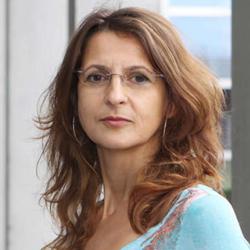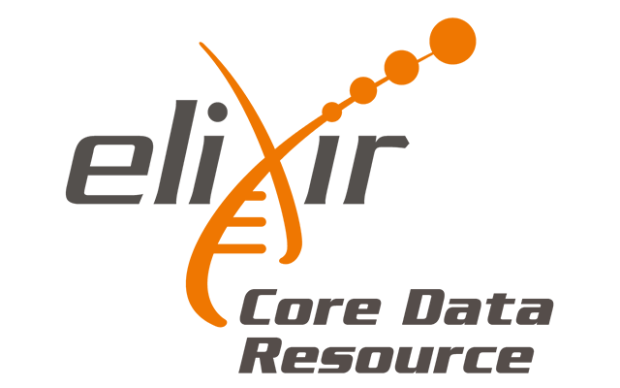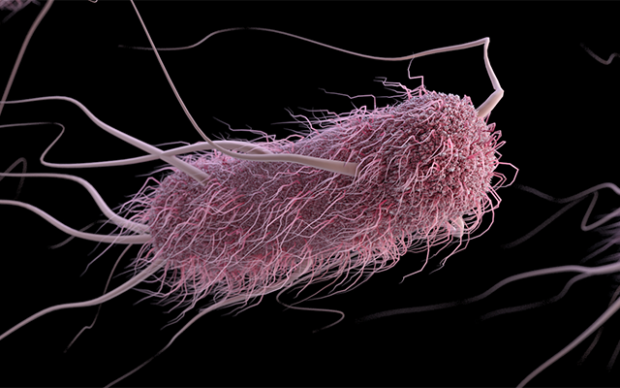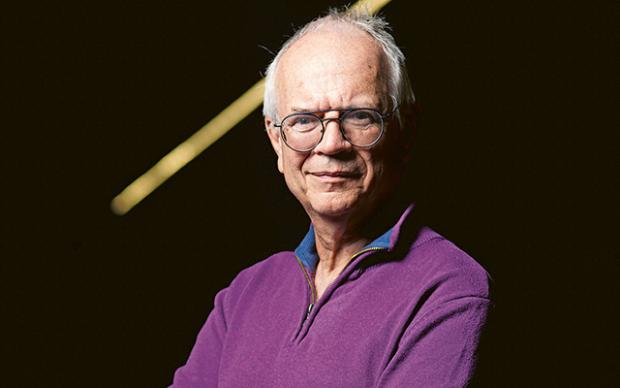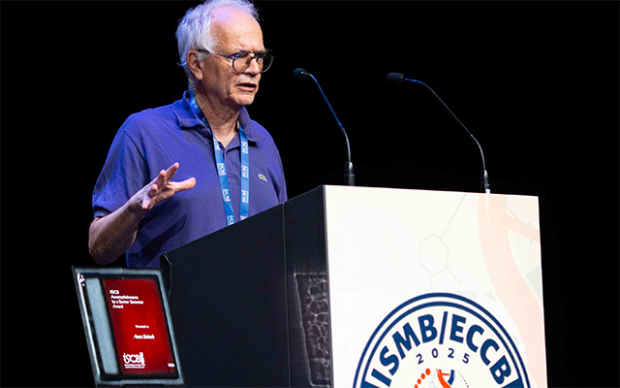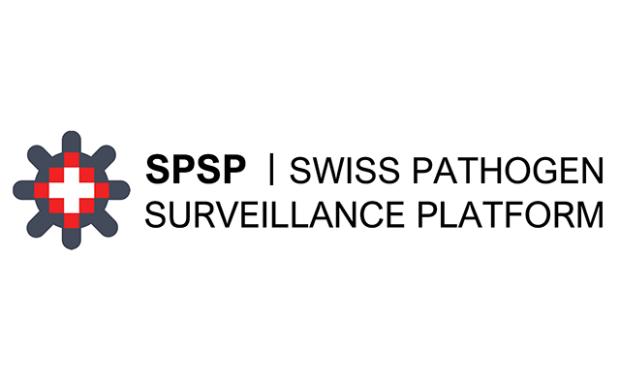SIB’s Niko Beerenwinkel (Computational Biology group), Torsten Schwede (Computational Structural Biology group) and Mihaela Zavolan (RNA Regulatory Networks group) are elected as 2024 Fellows by the International Society for Computational Biology (ISCB). This triple recognition highlights Switzerland’s excellence in the field of bioinformatics and computational biology.
For the first time, three scientists from SIB are consecrated simultaneously by ISCB’s Fellow Program. This distinction acknowledges their exceptional contributions to computational biology and bioinformatics, and their commitment to developing the field. SIB’s Executive Director Christophe Dessimoz rejoices, noting that “It’s wonderful that three Group Leaders have been awarded this prestigious recognition. This highlight Switzerland's global prominence in bioinformatics and is a source of great inspiration for us all.” ISCB will be honoring the 2024 Class of Fellows during the Intelligent Systems for Molecular Biology conference (ISMB), 12-16 July 2024 in Montreal Canada.
About ISCB Fellows Program
The International Society for Computational Biology introduced the ISCB Fellows Program in 2009 to honor members that have distinguished themselves through outstanding contributions to the fields of computational biology and bioinformatics. The ISCB Fellows Selection Committee, along with the current ISCB Fellows, select nominees that have distinguished themselves in these fields. New Fellows are introduced at each year's ISMB international conference. View all 2024 fellows
Niko Beerenwinkel, advancing cancer research and viral genomics
His innovative methods in cancer phylogenetics unveil deep insights into tumor dynamics, progression, and heterogeneity. In viral genomics, his development of the softwares ShoRAH and COJAC demonstrates excellence in quantifying genetic diversity and monitoring SARS-CoV-2 variants. Beerenwinkel's impactful work in integrating multi-omics data, exemplified by NetICS, enhances our understanding of cancer molecular mechanisms.
About ISCB Fellows Program
The International Society for Computational Biology introduced the ISCB Fellows Program in 2009 to honor members that have distinguished themselves through outstanding contributions to the fields of computational biology and bioinformatics. The ISCB Fellows Selection Committee, along with the current ISCB Fellows, select nominees that have distinguished themselves in these fields. New Fellows are introduced at each year's ISMB international conference. View all 2024 fellows
Group Leader of the Computational Biology team at ETH Zurich, Niko Beerenwinkel leads the development of the SIB ResourceV-Pipe,a collection of software packages to detect the genomic diversity of a virus population in a sample or individual.
Watch the in silico talk "Mining viral genomes to improve clinical diagnostics"
Torsten Schwede, leading contributions to structural biology
The SIB Resource SWISS-MODEL is the first automated protein homology-modeling server and recently recognized on the European level, advancing our understanding of protein structure and fostering the use of computational models in life science research. Schwede's commitment to benchmarking and model quality assessment, with QMEAN and CAMEO models, contributed to measuring progress in protein structure prediction.
Group Leader of the Computational Structural Biology team at the University of Basel, Torsten Schwede will become President of the Swiss National Science Foundation (SNSF)’s Research Council as of January 2025.
Find out more about our open software and databases such as V-Pipe and SWISS-MODEL
Mihaela Zavolan, pioneer of computational research applied to microRNAs
With a medical degree and a Ph.D. in Computer Science, her interdisciplinary background uniquely contributes to advancing computational biology. Her work includes algorithm development for microRNA (non-coding RNA involved in gene expression) and target prediction, innovations in mapping RNA-protein interactions, as well as methods for unveiling the functions of RNA isoforms resulting from alternative polyadenylation.
Group Leader of the RNA Regulatory Networks team at the University of Basel, Mihaela Zavolan co-leads the ambitious project Standardized integration of multi-omics biomedical data financed by swissuniversities.
Reference(s)
Image, from left to right: Niko Beerenwinkel, Torsten Schwede, Mihaela Zavolan
Credits:
Niko Beerenwinkel: Carolin Arndt Foppa
Torsten Schwede: SNSF, Adrian Moser
Mihaela Zavolan: Biozentrum, Universität Basel





